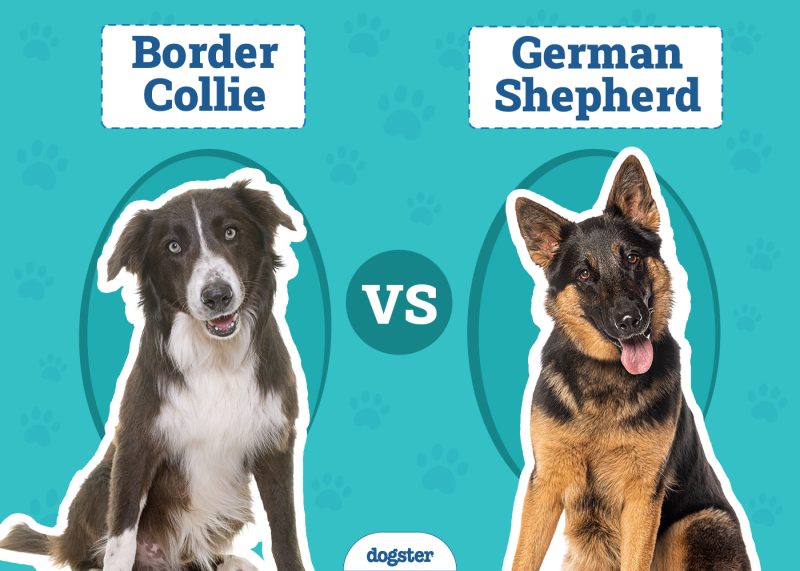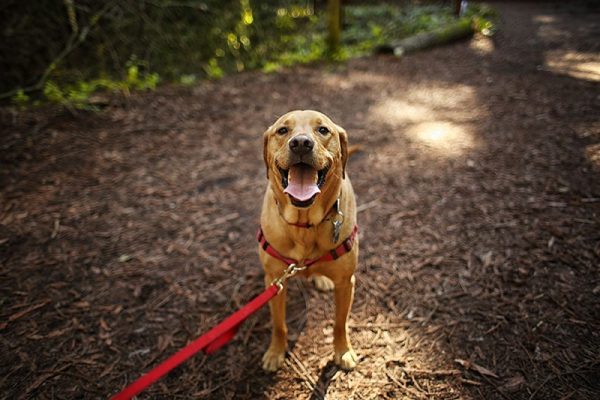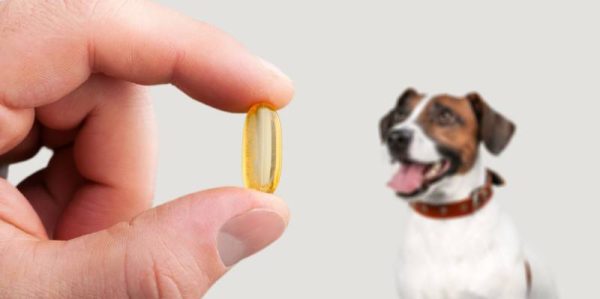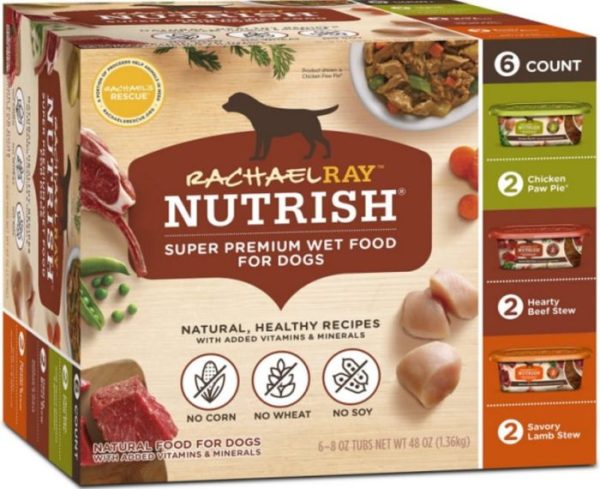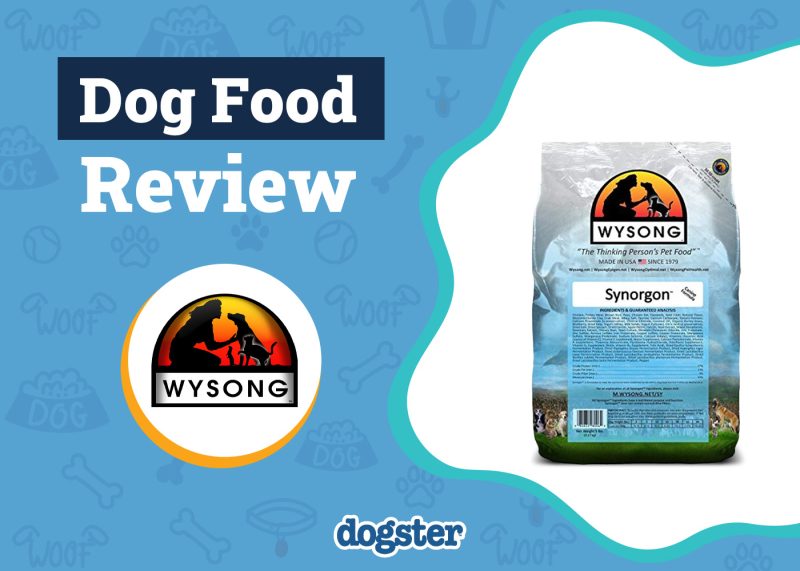Akitas are a gorgeous breed originally hailing from Japan. With their thick coat, sturdy stature, and loyalty, it’s no wonder people saved the breed when it was close to extinction. Akitas are as loyal as they come in the dog world but must be socialized well from an early age. They are large dogs and can weigh up to 100 pounds in many cases. As a large-breed dog, they are at risk of specific injuries and orthopedic conditions.
That’s not all the Akita can develop, however. If you want to adopt an Akita, you are probably interested in learning more about their health risks. Below, we’ll discuss the 10 most common health issues in Akitas.

The 10 Akita Health Issues You Need to Know
1. Cancer
Unfortunately, cancer comes in many forms and affects all dogs. Akitas may be a little more prone to some types of cancer. Your veterinarian will examine your dog from nose to tail each time you come in for a visit. However, if you notice a new bump on your dog, notify your vet. If your dog will tolerate it, trimming the hair over the lump with clippers can help you and your veterinary team find the mass during your visit.
Osteosarcoma tends to affect medium and large-breed dogs and is a bone cancer. One common saying among veterinarians is that you’ll typically find it affecting a bone “away from the elbow or toward the knee.” Some dogs show signs of pain and limping, while others may have a pathologic fracture of the affected bone.
Seek veterinary advice if you’re concerned about your pet’s well-being.
If you need to speak with a vet but can't get to one, head over to PangoVet. It's our online service where you can talk to a vet online and get the advice you need for your dog — all at an affordable price!
2. Cranial Cruciate Ligament Injury
The knee (also known as the stifle joint in pets) has several structures that help stabilize it. The cranial cruciate ligament and caudal cruciate ligament form a rough “X” within the knee joint. Like many large dogs, Akitas have straighter legs and are at risk for the front or cranial ligament to tear.
You can compare this injury to an ACL injury in a person. It’s painful and debilitating, and most large dogs need surgery to correct the tear. Your veterinarian will usually prescribe anti-inflammatory medications like Carprofen and recommend strict cage rest to allow your pet to heal. Sometimes, a leg brace can also help your dog.
3. Hip Dysplasia
Hip dysplasia is one of the joint abnormalities your Akita could be affected by. There is a deformity of the hip’s ball and socket joint, where the socket is irregular rather than smooth, or the hip doesn’t have enough coverage over the head of the femur. A genetic risk is associated with hip dysplasia, so many dog breeders have screening X-rays taken of their dogs’ hips before breeding.
Dogs can be affected by hip dysplasia from a young age. However, many only have issues once they’re older and develop signs associated with arthritis.
- Carprofen (Rimadyl)
- Meloxicam (Metacam)
- Grapiprant (Galliprant)
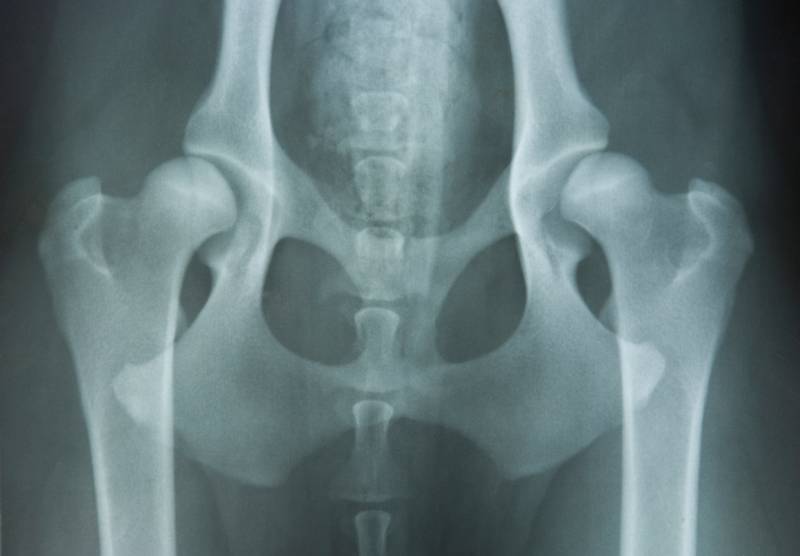
4. Gastric Dilatation-Volvulus
Gastric dilatation volvulus is also known as GDV or, even more commonly, bloat. With bloat, the stomach fills with gas and twists, hence the dilatation and volvulus parts of the condition’s name. This condition is typically diagnosed with X-rays.
We tend to think of bloat affecting Great Danes, but it typically occurs in any deep-chested dog, including Akitas. When the stomach twists, it can cut off the blood supply to the stomach and spleen. It is a surgical emergency and is life-threatening.
5. Hypothyroidism
Thyroid issues can cause a lot of changes in our dogs.
- Hair thinning
- Dry coat and skin
- Weight gain
- Lethargy
- Behavior changes
The behavior changes you can see with hypothyroidism can include aggression. Some dogs start picking fights with other dogs in the house, and they can also become fearful and withdrawn. Hypothyroidism is diagnosed with a blood test. Your veterinarian may recommend checking your pet if they’re suspicious your dog is hypothyroid. Still, many veterinary hospitals check it as part of routine blood work, especially with senior dogs.

6. Myasthenia Gravis
Myasthenia gravis is a condition that Akitas appear to be predisposed to developing. There’s an inherited firm and an acquired form, with the immune-mediated acquired form typically affecting Akita dogs. The nerves and muscles do not communicate effectively with this condition, so affected dogs may have weakness.
Dogs with myasthenia gravis can develop megaesophagus, where the esophagus dilates, and they can’t swallow correctly. There are some treatment options, such as with anti-acetylcholinesterase medications. Dogs with megaesophagus may have to eat out of elevated bowls or in a unique gadget that helps them eat with a reduced risk of aspirating if they regurgitate.
- Barking changes
- Drooling
- Heavier breathing
- Decreased blink reflexes
7. Progressive Retinal Atrophy
Progressive retinal atrophy is a genetic eye condition. While affected dogs are generally born with the ability to see, over time, their retina degenerates, and they go blind. If your dog is affected, you might initially see that they have terrible seeing in low-light conditions. Your veterinarian might notice that your dog’s pupils are dilated during an exam when they should constrict in response to light.
There is no cure for PRA. Veterinarians can perform testing to diagnose your dog with the condition.

8. Sebaceous Adenitis
Akitas are more at risk for developing sebaceous adenitis than many other breeds. This relatively uncommon condition is an autoimmune disease where inflammation targets the sebaceous glands in the skin.
- Dull hair
- Brittle hair that breaks easily
- Symmetrical hair loss on either side of the body
- Deep-seated skin infections in the hair follicles
Pups affected with sebaceous adenitis may need antibiotics to control bacterial skin infections. However, they should only be used when needed. Your veterinarian may use medications like Atopica (cyclosporine).
Topical therapies are vital to treating and controlling signs associated with sebaceous adenitis. Shampoos and mousses that get massaged into the skin are your best bet, although some people use sprays to treat the skin. However, those medications could be less effective because Akitas have a thick, dense hair coat. Giving your dog fatty acid supplements can also help strengthen their skin barrier.
9. Von Willebrand Disease
Several clotting factors and proteins are essential to stop bleeding in pets and people. Some dogs, such as Akitas, are at a higher risk for having lower amounts of the von Willebrand factor protein. Without an adequate amount of this protein, they’re at a higher risk of having uncontrollable bleeding after an injury or surgery.
There are laboratory tests that can help diagnose bleeding abnormalities. Some genetic tests will evaluate dogs to see if they may be at risk for von Willebrand disease. There isn’t a cure, but for surgical procedures or if your dog is injured, your veterinarian can administer blood and plasma products to help control bleeding. You should not breed an affected dog since the condition has a genetic component.
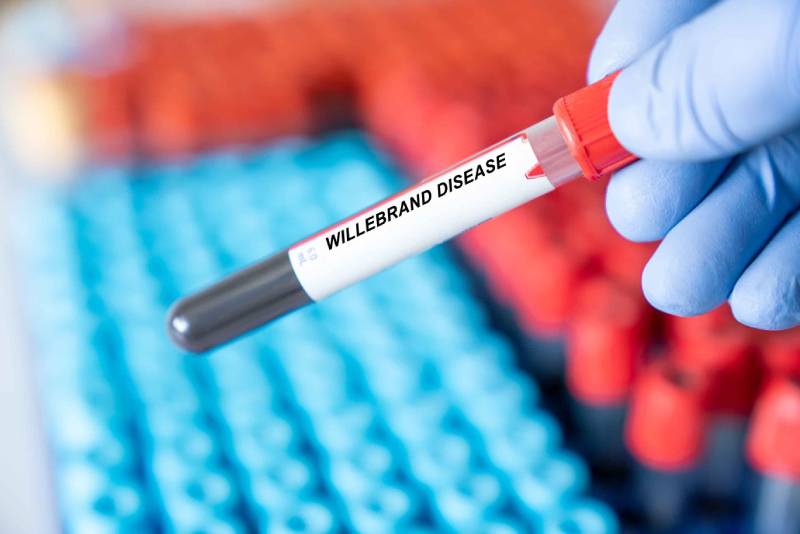
10. Zinc Responsive Dermatosis
Akitas can be at risk for Zinc-Responsive Dermatosis. There are several forms of this condition, in which pets cannot absorb enough zinc from their diet or their diet is unbalanced and doesn’t contain enough bioavailable zinc. Not having enough zinc can cause skin issues and immune system problems.
Affected dogs may have crusting around their eyes and mouth, most commonly in areas where the skin meets mucous membranes. Their coats are usually dry and lackluster. Your vet may need to run tests such as a skin biopsy to diagnose Zinc-Responsive Dermatosis. If the diet doesn’t have appropriate amounts of zinc, you could switch the food, but if they’re having issues absorbing it from their food, you’ll need to give your dog a high-quality zinc supplement, usually for life.

Frequently Asked Questions
How Long Do Akitas Live?
According to the American Kennel Club, Akitas typically live 10 to 14 years. Some conditions, such as bloat, can occur suddenly and be life-threatening. The good news is that with proper preventative care and nutrition, your Akita has the potential to live a long and happy life with you.

Are Akitas Overall Healthy Dogs?
Akitas are a generally healthy dog breed, but they are at risk for certain conditions. Simple screening tests can minimize the chance of issues in future generations, including hip X-rays and a DNA cheek swab, to see if your dog carries gene mutations that may be associated with von Willebrand Disease.

Conclusion
Akitas are amazing dogs, but like any breed, they’re at risk for developing certain health conditions. Your veterinarian will help you manage these diseases and problems, but preventing them through responsible breeding and genetic screening are the best ways to promote a healthy breed.
Featured Image Credit: Anaite, Shutterstock



